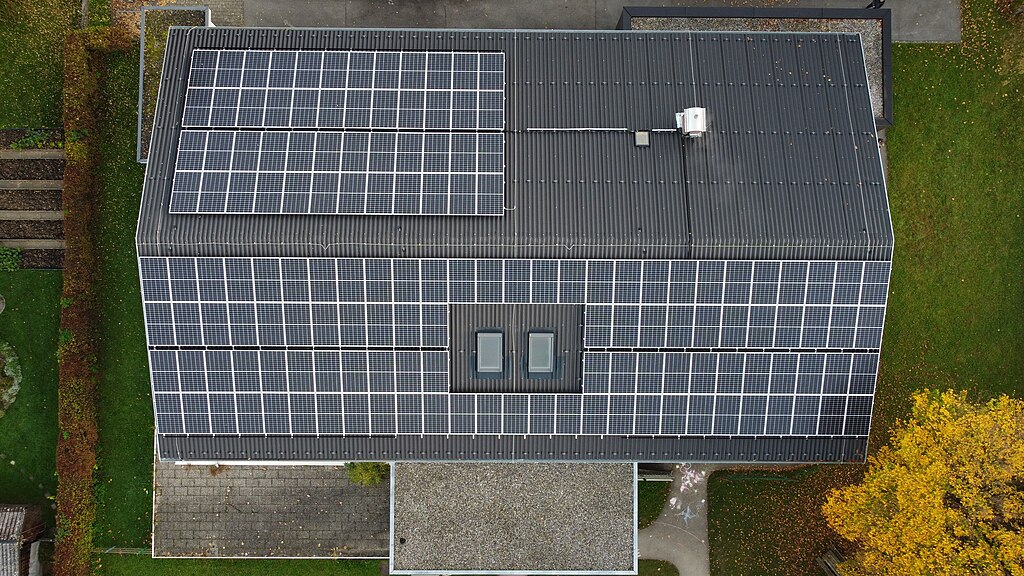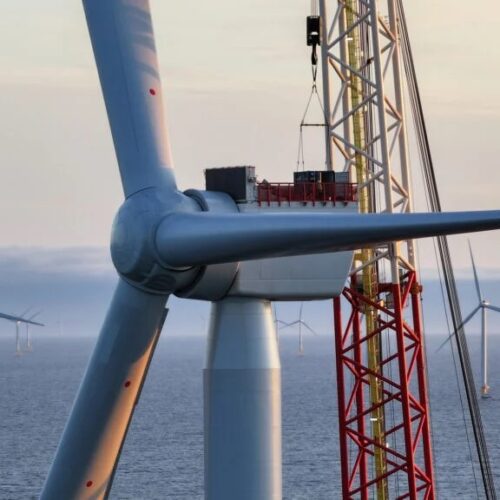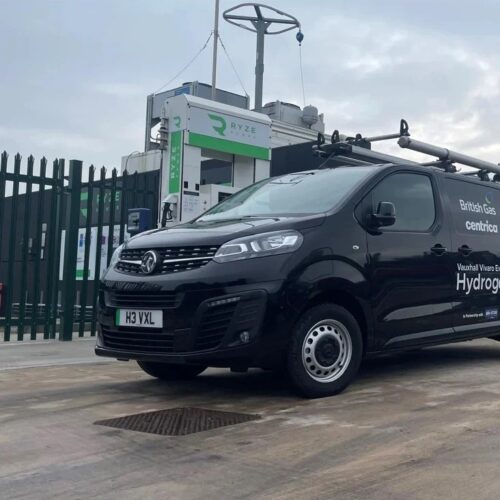AMPYR Distributed Energy has announced that it will ‘more than’ match the £180 million that Great British Energy has committed to solar PV for the public sector.
Last week, it was announced that GB Energy, the government’s flagship energy company, would spend £80 million to install solar PV on schools and £100 million for the same across NHS sites.
In response, AMPYR Distributed Energy has written to the energy secretary Ed Miliband and GB Energy chair Juergen Maier to emphasise the role that private sector investors can play in supplementing government funding.
The investor, which specialises in onsite sustainable energy solutions is backed by capital from AGP Sustainable Real Assets, a global asset manager across the renewable energy and real estate sector.
AMPYR Distributed Energy’s CEO, John Behan, said it is “safe to suggest” that a joint approach between public and private sector will fast track renewable energy uptake.
Behan continued: “We are prepared to match the £180m offer – and more – to help fast-track renewable energy adoption and reduce energy bills in health and education.”
The firm operates on a model that delivers funding through power purchase agreements (PPAs), meaning that renewable generation technologies are installed at zero upfront cost.
Behan suggested that the benefit of an installation carried out by a private company is delivery and installation at pace, and “the certainty that assets will be maintained for optimal performance throughout their lifetime”.
Private investment and GB Energy
There has, since the Labour party first floated establishing the Great British Energy company, been some confusion as to what role the state-owned energy company will fulfil.
What has been known throughout, though, is that it would have to be a catalyst for vast amounts of private investment—the £8.3 billion promised to the initiative (a figure which has recently been rumoured to drop) will not be enough alone.
At one point, it seemed that the energy company would simply be an investment vehicle.
GB Energy will have a mandate to develop, own and operate clean energy assets—generating power in its own right but not functioning as a retailer. The company has appointed Dan McGrail, CEO of the trade association for offshore renewable technologies RenewableUK, as interim CEO.
According to the government’s website, GB Energy’s mandate as a developer will see it own stakes in the projects it develops itself, as well as being an engaged and proactive co-developer with the private sector, local authorities, and community energy groups.
The government previously suggested GB Energy could catalyse a further £60 billion in investment from private sector companies.






